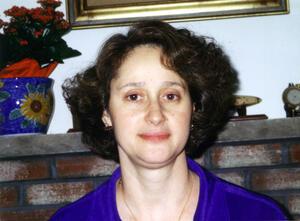Abby Shevitz
In her work on AIDS and HIV, Abby Shevitz became an advocate for patients who often had no one else to turn to. Serving as Resident Physician and one of the first female Chief Residents at Boston City Hospital, Shevitz broke important new ground by developing an AIDS curriculum to teach the BCH staff how to care for AIDS patients with compassion. Shevitz went on to help develop the first HIV testing protocol at a time when there were no existing guidelines. She published early papers demonstrating that under the age of 20, women were more at risk than men for contracting HIV. Through her work at Tufts University School of Medicine, she spearheaded research into the nutritional problems associated with HIV infection. But alongside her important contributions to research and procedure was a drive to ensure that patients did not feel alone in their illness; she made a point of meeting each new AIDS patient admitted to the hospital under her tenure and involving herself in their care. Abby Shevitz was honored at the 2004 Women Who Dared event in Boston.
Shevitz describes her family background, childhood memories, and educational experiences. She also discusses her Jewish practice and identity. Shevitz talks bout how womanhood and the women's movement impacted her efforts around HIV/AIDS activism. Shevitz discusses her advocacy work at Boston City Hospital during the AIDS epidemic. Finally, she reflects on her accomplishments and community organizing efforts. She suggests ways for others to also effect social change in their communities.



